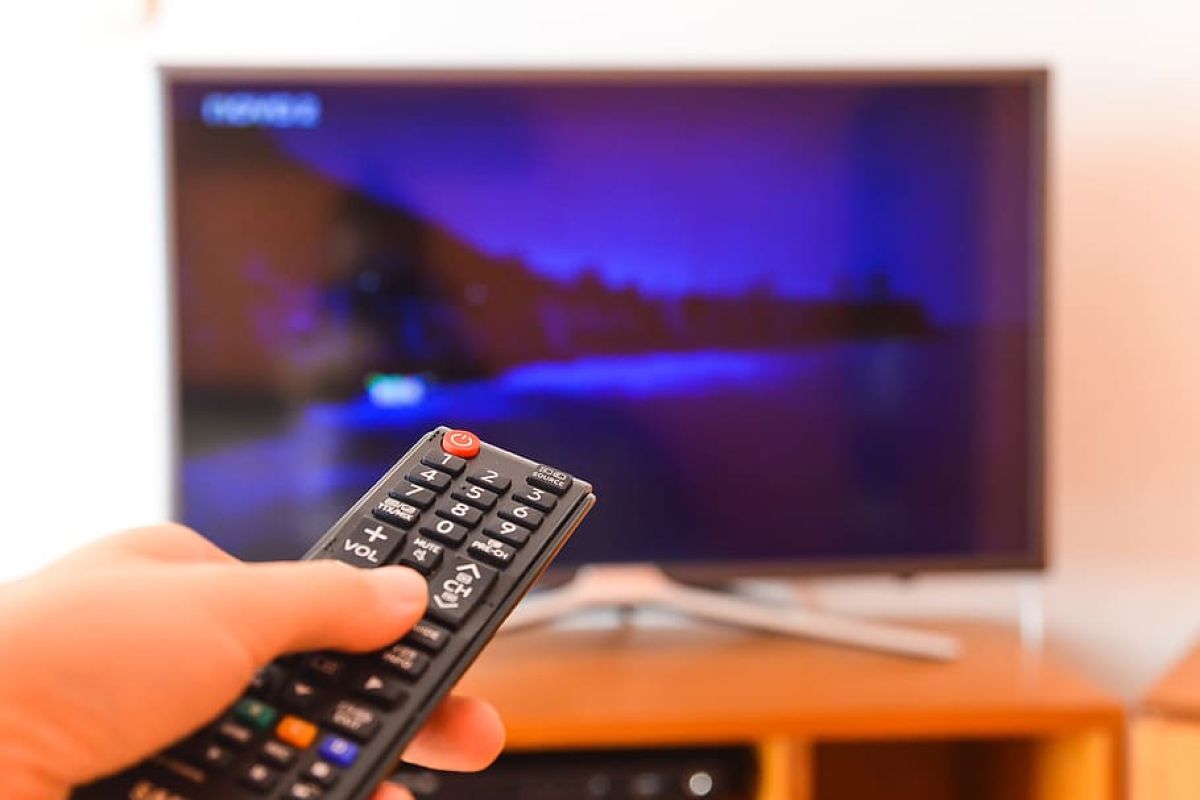
It’s 2am on a school night in Year 9 and you’re loudly awakened by the beginning of the Family Guy theme tune after you’ve drifted off during the last episode of American Dad. Remember it well?
Well those nights may be back on the cards, just without everything but the drifting off, because the BBC announced on 11th January that BBC Three would be returning as a terrestrial television channel from the 1st February.
Yes, the channel that brought you Don’t Tell the Bride, Snog Marry Avoid? and the career of Stacey Dooley has come back to our screens, starting with the label’s new favourite programme RuPaul’s Drag Race.
However, your classic American imports will not be returning to the channel after ITV2 snatched them up after BBC Three’s shutdown six years ago.
The channel originally launched nearly 20 years ago on February 9th 2003, replacing the BBC’s former digital channel BBC Choice, and ironically starting after the birth of BBC Four. The organisation took the decision to move the brand online in 2014, and the channel closed with an episode of its timeless comedy Gavin & Stacey in the early hours of February 16th 2016.
But since March 2019, the BBC Three brand has been used on several weekday nights on BBC One to promote the new original online content the organisation has continued to produce.
The BBC announced early last year their intentions of returning the channel to the terrestrial world, after the successes of hit shows produced under the BBC Three banner such as Normal People, Fleabag and Killing Eve, with BBC Chief Content Editor Charlotte Moore hailing the channel a “BBC success story” for “backing creativity, new talent and brave ideas”.
The relaunch of the channel was intended to be a “multi-genre offering”, from which “audiences can expect a rich content mix of drama, comedy, entertainment, documentaries, news and sport”. The BBC aired the semi-finals and final of the Africa Cup of Nations (AFCON) during launch week.
Controller of BBC Three, Fiona Campbell, said in a BBC press release that “We [the BBC] know how popular sport is with younger audiences and it’s going to have a big part to play on BBC Three”, in a BBC Media Centre press release.
The channel will broadcast from 7pm till 4am daily, as it did prior to its 2016 closure. Due to UK broadcasting requirements and airtime shares, this will mean that CBBC’s extended broadcasting hours to 9pm will be shortened back to its pre-2016 7pm, with the remit of BBC Three expanding with a “pre-watershed content offer suitable for 13+”.
Third-year Arabic student Alice said that “she will be interested to see how the channel progresses back on terrestrial television” as the move to online “was definitely a step in the right direction for a channel that is aimed at a youth audience in the new digital streaming age”.
Tegwyn, a third-year Spanish student from the West Country, didn’t have a smart television whilst at university last year, and noted that the reprise of the channel “will increase accessibility to content for some people,” but stressed that “we do live in a digital age so the overwhelming audience may not be so intrigued by the launch of a new terrestrial channel”.
Third-year English Literature student Emily, from North East England, wasn’t aware of the channel’s relaunch on terrestrial television, but noted she will “definitely watch it”, especially considering RuPaul’s Drag Race will air on the channel. She also felt as though the “demographic of the channel is younger” than what it was previously.
However, not all have welcomed the return of the channel. 20-year-old trainee pilot Ethan asked, “why bring back a channel that failed in the first place and is not really needed?”, following up with the fact he “can watch Family Guy whenever [he] want[s]” and “streaming services are better”.
The boost in the BBC’s terrestrial television services comes at a time of uncertainty after the Secretary of State for Digital, Culture, Media and Sport Nadine Dorries MP announced the BBC licence fee will be ‘frozen’ for two years until 2024, with the government beginning the ‘last’ discussions of the licence fee altogether amongst rumours of intentions to replace it with a subscription-based service.
According to the television news and opinion website Clean Feed, BBC Three will be available through the following channel numbers:
Digital Terrestrial Television: 23 (Standard Definition), 109 (High Definition – not available in Scotland and Wales)
Sky: 117 (HD – exc London), 173 (HD – London), 141 (HD – Scotland), 845 (SD)
Freesat: 107 (HD), 179 (SD)
Virgin Cable: 107 (HD – England, NI), 157 (HD – Scotland, Wales)







